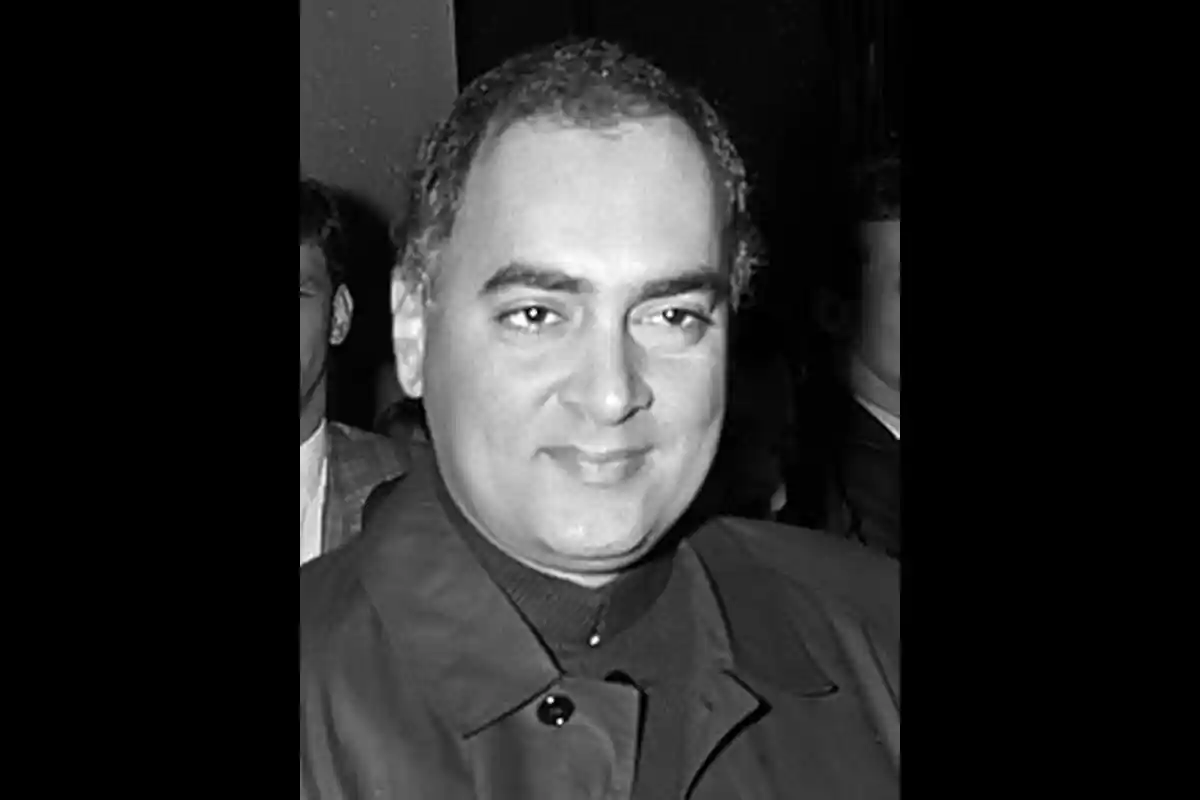Victory doesn't come easily
Politics is all about power. Politicians will do everything in their might to stay in power. Just when everyone thought India would never really experience a change from the dynastic succession in the political arena, came the general elections of 1989 that changed the political scene forever.

Not a sore loser. Image source: The Statesman
The Congress Party was the only one to have its era. It was a time in Indian Political History when it was congress's world. We were only living in it. Undoubtedly, the leaders of the Congress party were competent to handle political affairs and govern the country. Just like the Pax Britannica, it seemed that the rule of the Congress party would never be challenged.
However, in 1989, things changed. The Dynastic succession crumbled under the many challenges, and the political giant found its powers waning. It seemed that after Indira Gandhi's demise, the party was confronted with a set of issues and challenges it wasn't prepared to face.
Rajiv Gandhi's political career began in 1981. Like most youngsters, he wasn't expecting to acquire a position of power any time soon. After Indira Gandhi's assassination on October 31, 1984, he was propelled to take up the Prime Ministerial post immediately. Two months later, his party won the elections with overwhelming success. Although he was a new entrant to the political battlefield of India, he was extolled by the Indian community.
But as fate would have it, his popularity was quickly tainted with accusations. Administrative problems plagued the helm of the party as the new leader struggled to control the damage. Allegations of corrupt officials and practices only deteriorated the party's image.
The Bofors scam put him in a tight spot, and he could do nothing but let the situation play its course. His inexperience was also another reason that the Congress party lost brutally in the Assembly elections of Haryana. Despite strenuous campaigning in the southern states, Rajiv Gandhi's party failed to charm the Tamilians, and his party hit a stonewall.
To make matters worse, Rajiv Gandhi chose a tyrant's way to quell this chaos. In 1988, he introduced a bill in Parliament. It was a defamation bill. If the bill was passed, editors and proprietors of newspapers would've faced time behind bars if they printed any "scurrilous material". Since the terms were ambiguous and the interpretation of these terms fell under the government's privilege, the bill received wide backlash from journalists and media houses all over the country.
Tired of the criticisms and counterproductive moves, Rajiv Gandhi focused on international affairs only to meet with a stonewall there. He turned his focus on national issues and elections, vowed to return every penny that had been siphoned off under corrupt schemes if he was elected to power, but it was all for nought. While Rajiv Gandhi was busy battling the demons plaguing Congress's legacy, other political parties formed alliances.
Aware of his weakened position, Rajiv Gandhi was well aware that his party would lose the elections this time, and he found it ideal to resign. Thus, when Congress lost the elections in 1989, V.P. Singh, leader of the Janata Dal Party and the National Front coalition became the new Prime Minister, and Rajiv Gandhi graciously accepted the people's mandate, thereby relinquishing his role as the Prime Minister.


